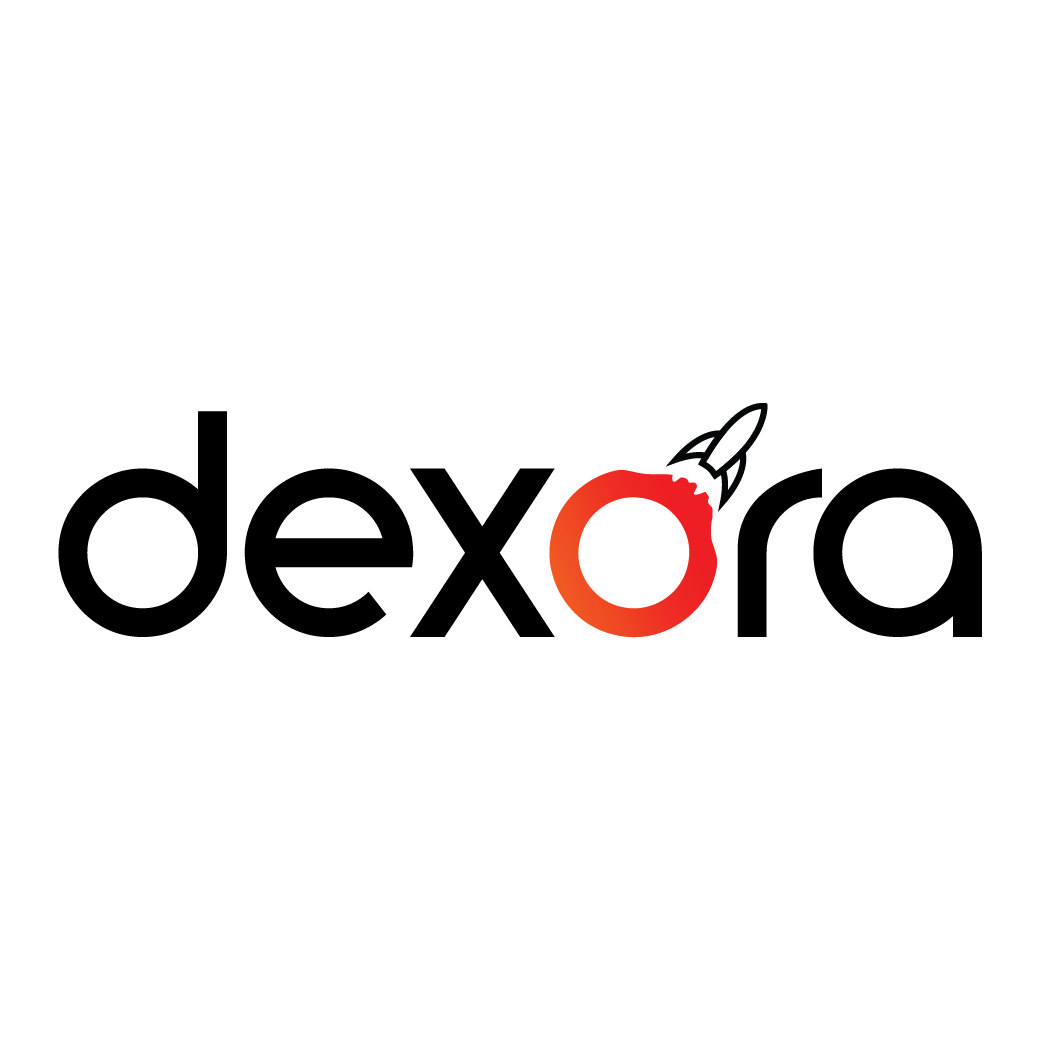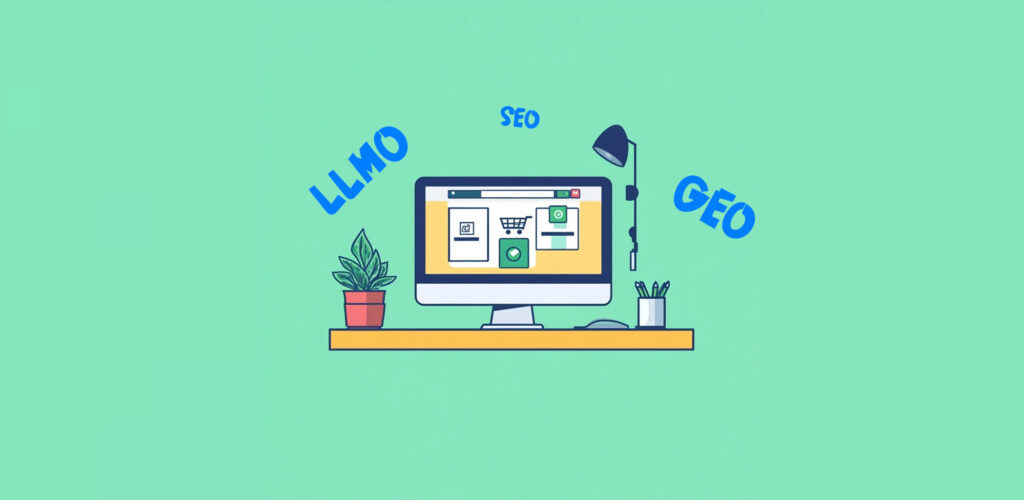Search engines aren’t what they used to be. In 2025, the SEO landscape is being reshaped by the rise of large language models (LLMs) like OpenAI’s GPT-4 and Google’s Gemini. These tools aren’t just changing how content is created; they are redefining how content is discovered, ranked, and understood.
At Dexora, we don’t just follow SEO trends—we anticipate them. This guide unpacks how AI-powered SEO works, why it matters, and how our clients are gaining an edge in competitive markets using smarter, faster, and more semantic strategies.
What Are LLMs and Why Do They Matter in SEO?
Large Language Models (LLMs) are AI systems trained on massive text datasets to understand and generate human-like language. Think of them as advanced prediction engines that can:
- Understand search intent better than keyword match tools
- Generate topic clusters that align with Google’s semantic indexing
- Suggest FAQ-rich content, meta tags, and schema
These models are influencing how Google interprets search queries. That means SEO strategies must move beyond keywords to focus on context, entities, and searcher intent.
Dexora’s LLM-Integrated SEO: Smarter by Design
Our SEO strategies are powered by the most advanced AI tools available. Here’s how we integrate LLMs into every campaign:
1. AI-Powered Keyword Clustering
Instead of targeting keywords in isolation, we group them by intent and semantic relevance. This means your pages rank across entire search topics, not just one query.
2. Content Briefs Generated by GPT-4
We use AI to generate topic outlines, competitor gap analysis, and user questions to ensure every blog or landing page we write is 10 steps ahead of generic content.
3. Automated FAQ Generation + Schema
Using LLMs, we extract the most common search questions and automatically implement structured data, boosting your visibility in rich snippets and AI Overviews.
4. Search Intent Matching
We match each piece of content to a specific phase in the buyer journey—informational, transactional, or commercial—based on LLM-driven insights.
Want to see how this works on your site? Get a free audit here
Real-World Results: Smarter SEO, Measurable Growth
One of our SaaS clients saw a 224% increase in organic traffic within 4 months using Dexora’s AI-optimized content hub strategy. With GPT-assisted clustering and link outreach automation, we built topic authority in record time.
Another client in eCommerce dominated “long-tail buyer intent” keywords using custom GPT-4 generated content blocks integrated into collection pages.
Why This Matters More Than Ever in 2025
With Google’s Search Generative Experience (SGE) rolling out globally, it’s no longer enough to rank in the “blue links.” The AI snapshot at the top of search is driven by:
- Semantically structured content
- Frequently asked questions
- High E-E-A-T (Experience, Expertise, Authoritativeness, and Trust)
And LLMs are key to building that kind of SEO foundation.
Recommended Tools & Resources
To better understand AI in SEO, check out:
- Google Search Central: Generative AI Guidelines
- OpenAI: What is GPT-4?
- Backlinko: Semantic SEO Guide
Work With Dexora: AI SEO Built for 2025
At Dexora, we fuse LLM technology with deep SEO expertise to craft custom, forward-thinking campaigns. Whether you’re a SaaS company, a local business, or an eCommerce brand, we tailor every strategy with precision.
Explore our SEO Services →
Meet the Dexora Team →
Get Your Free SEO Strategy Call →
Ready to dominate search with AI-powered SEO?
Let Dexora help you build future-proof visibility.
Contact us today:
✉️ [email protected]
🌐 www.dexoradigital.com
🌟 +358 41 7238108
FAQs About AI & LLMs in SEO
1. What is an LLM in SEO?
A Large Language Model (LLM) is an AI system that understands and generates human-like text. In SEO, it helps generate content, identify search intent, and optimize pages semantically.
2. How does GPT-4 improve SEO?
GPT-4 enhances SEO by generating keyword-rich, context-aware content and helping structure pages to match user intent and Google’s ranking algorithms.
3. What is semantic SEO?
Semantic SEO is the practice of optimizing content around topics and intent rather than just keywords, helping search engines understand context better.
4. Why is schema markup important?
Schema markup provides structured data that helps search engines interpret your content for rich results, improving CTR and visibility.
5. Can AI replace human SEO experts?
No, but it enhances human efforts. AI automates tasks like clustering, content briefs, and reporting, allowing experts to focus on strategy.
6. What are AI Overviews in Google Search?
AI Overviews are AI-generated summaries that appear at the top of SERPs. Pages that align with semantic and structured content are more likely to be featured.
7. What’s the role of keyword clustering in 2025?
Keyword clustering groups related queries by intent and topic, allowing pages to rank for multiple variations more effectively.
8. How do LLMs generate FAQs?
LLMs analyze user queries and related SERPs to automatically create relevant, high-intent FAQ sections.
9. What is the difference between traditional SEO and AI SEO?
Traditional SEO relies heavily on manual processes and keywords; AI SEO uses data models to predict trends, optimize at scale, and adapt faster.
10. How can I optimize for Google’s SGE?
Focus on structured content, semantic clarity, and AI-compatible formats like FAQs, schema, and clusters.
11. Does Dexora use custom AI tools?
Yes, Dexora uses proprietary tools powered by GPT, Gemini, and Claude for keyword research, automation, and technical audits.
12. How can AI help local SEO?
AI enhances local SEO through hyperlocal content generation, proximity-based clustering, and GBP optimization.
13. What is LLM-powered content?
This refers to content created or optimized using large language models to better align with search trends and user behavior.
14. How safe is AI-generated content?
When edited and aligned with guidelines like Google’s AI content policy, it is both safe and effective.
15. Will Google penalize AI content?
Not if it’s high quality, helpful, and follows their E-E-A-T principles.
16. What’s the future of SEO in 2025?
SEO is evolving toward automation, real-time analysis, and deeper understanding of user behavior—powered by AI.
17. How can Dexora help with AI SEO?
We integrate LLMs, automation, and technical optimization to future-proof your digital visibility.
18. Do I need technical skills to use AI in SEO?
Not if you work with a provider like Dexora—we handle the technical complexities.
19. What types of businesses benefit most from LLM SEO?
SaaS, eCommerce, LMS platforms, and service businesses looking for scalable growth.
20. How can I get started with Dexora?
Book your free consultation here →

SEO & Web StrategyA results-focused strategist, Taqweem leads the Dexora team with hands-on expertise in full-stack web development and search engine optimization. With over 4 years of experience transforming websites into high-performing digital assets, he ensures every project is driven by clean code, strong UX, and bulletproof SEO.


